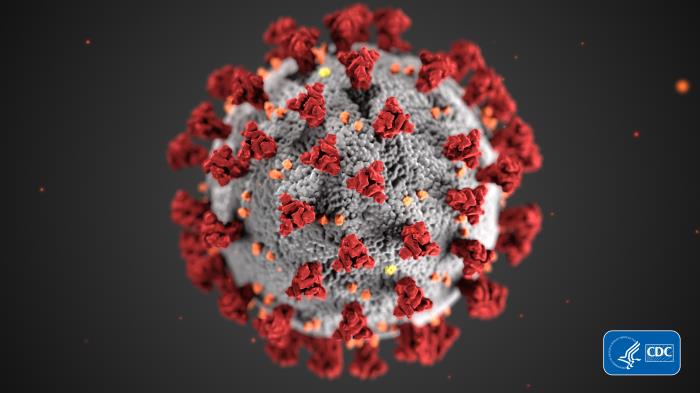
ATLANTA – State and federal officials are hustling to increase the supply of hospital beds and coronavirus tests in Georgia ahead of an anticipated peak surge in COVID-19 patients in the coming weeks, Gov. Brian Kemp said Monday.
The governor highlighted a push by local hospitals and federal authorities to set up hundreds more beds to handle the patient surge projected for May 1, including 200 intensive care “pods” at the Georgia World Congress Center.
Meanwhile, diagnostic test results “continue to lag” despite a dramatic increase in the number and speed of tests conducted in recent days, Kemp said. More testing will be critical to maintain safety and track possible new outbreaks after people start going back to work, he said.
The combination of more beds and more testing should both bolster the state’s ability to handle the expected hospital surge and help Georgians bounce back more quickly once transmissions of the highly infectious virus begin to subside, Kemp said.
“We need to be firing on all cylinders to prepare for the days and weeks ahead,” Kemp said at a news conference Monday afternoon.
The governor did not speculate on when the state’s shelter-in-place order will ultimately be lifted. The current order is set to run through April, but Kemp has the ability to extend it. He has already done so once.
As of noon Monday, more than 13,000 people in Georgia had tested positive for COVID-19, the disease caused by the novel strain of coronavirus that sparked a global pandemic. It has killed 464 Georgians.
Based on current forecasting models, Georgia looks to be “in good shape” for a medium-range projection of needed hospital beds, said Georgia National Guard Adj. Gen. Thomas Carden. But the situation would change for the worse if the state approaches higher-range projections for patient surge, he said.
Georgia is currently forecast to fall short by more 200 beds of the roughly 800 ICU beds the state will likely need on May 1, according to a frequently cited model run by the University of Washington.
To date, according to Kemp, Georgia has a statewide inventory among its hospitals and temporary field sites of 2,617 emergency-room beds, 929 critical-care beds and nearly 6,000 general in-patient beds.
The temporary facility being set up at the World Congress Center will act as a “relief valve” for hospital overflow, Carden said.
“I frankly pray that we don’t need it,” Carden said Monday. “But I will tell you that it’s going to be in place and it’s going to be able to support you.”
The governor said other temporary medical units that the state purchased will be ready for use in the coming weeks in Rome, Albany, Gainesville and Macon.
The state has also completed roughly 57,000 diagnostic tests, mostly processed in commercial labs. The number of tests has increased substantially in recent days due to tighter coordination between the state health lab and private companies and speedier turnaround times at many local hospitals.
On Monday, Dr. Kathleen Toomey, the state’s public health commissioner, directed regional health departments to expand testing criteria so that tests can be given to more people than only the state’s most at-risk populations.
Tests can now be given to people who do not show symptoms of the virus but who were exposed to others who are showing symptoms, Kemp said. Tests can also be given to people working in certain jobs considered “critical infrastructure” who show symptoms.
By the end of this week, people who fit those criteria and want to be tested can call their local health agency to schedule an appointment and do not need a doctor’s referral first, Toomey said.
“We recognized that we had probably made it a little too hard for people to get in because we were requiring people to get a referral from a physician,” she said.